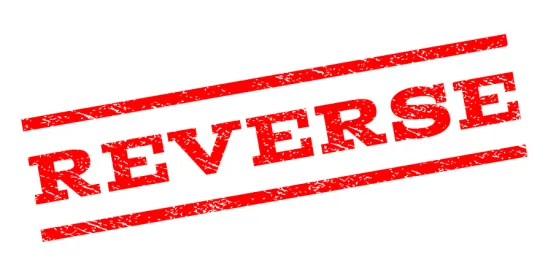The US Court of Appeals for the Federal Circuit reversed a jury’s infringement finding, concluding it was precluded by prosecution history estoppel. Colibri Heart Valve LLC v. Medtronic CoreValve LLC, Case No. 23-2153 (Fed. Cir. July 18, 2025) (Taranto, Hughes, Stoll, JJ.)
Colibri Heart Valve sued Medtronic CoreValve for infringing a patent covering a method of implanting an artificial heart valve. At trial, the district court denied Medtronic’s motion for judgment as a matter of law, allowing the jury to consider Colibri’s infringement theory under the doctrine of equivalents. The jury found in Colibri’s favor. Medtronic appealed.
The Federal Circuit reversed, finding that Colibri was estopped from asserting its equivalents theory. During prosecution, Colibri had canceled a claim that explicitly recited “retracting the movable sheath.” The asserted claim, while using different language, involved a similar concept: “pressing against the pusher member with a force that moves the pusher member outward from the moveable sheath.” The Court concluded that a skilled artisan would recognize these limitations as equivalent in light of basic physics.
Citing the Supreme Court’s 2002 Festo v. Shoketsu decision, the Federal Circuit emphasized that prosecution history estoppel can arise not only from formal amendments but also from the cancellation of closely related claims. Here, the cancellation of one claim effectively narrowed the scope of the remaining claims, triggering estoppel.
Accordingly, the Federal Circuit reversed the district court’s denial of judgment of noninfringement.



 />i
/>i

